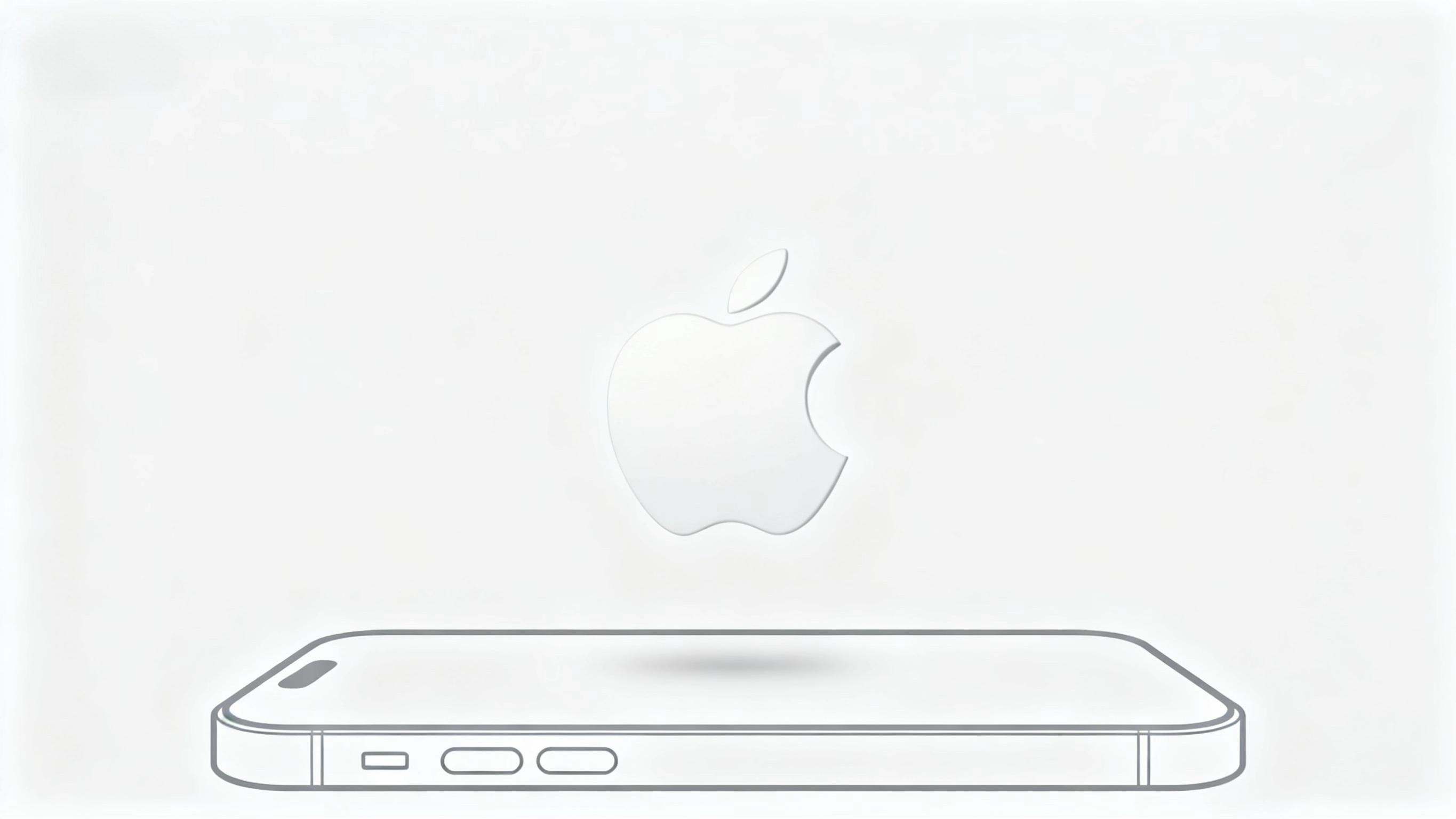
At 00:00 AM Beijing Time on September 10, Apple held its autumn new product launch event, where four iPhone models, three Apple Watch models, and a new AirPods model were all unveiled. All new models will be available for pre-order starting September 12 and officially go on sale on September 19. The starting prices for the Chinese mainland versions of the entire iPhone series are 5,999 yuan, 7,999 yuan, 8,999 yuan, and 9,999 yuan, respectively. The 2TB version of the iPhone 17 Pro Max is the most expensive in the series, priced at 17,999 yuan, making it the highest price in iPhone history.
Regarding the products, the iPhone 17’s storage has been expanded from 128GB in the previous generation to 256GB, meaning this year’s iPhone series starts with 256GB of storage. The iPhone 17 comes in five color options, features an aluminum alloy design, and is equipped with the A19 chip with a 6-core CPU and 5-core GPU, offering a 20% improvement in graphics performance compared to the previous generation chip. Meanwhile, Apple launched the thinnest phone in history (only 5.6mm)—the iPhone Air—and a newly redesigned iPhone 17 Pro, discontinuing the Plus model. Enhancements have also been made in areas such as camera performance, battery life, storage capacity, and screen refresh rate. The iPhone 17 Pro series is the first to feature three 48-megapixel rear cameras, and the iPhone 17 Pro Max has a battery capacity close to 5,000mAh, partially addressing the short battery life issue that iPhone users have long complained about.
Among the new products launched, the new iPhone Air has attracted the most attention. It features a 6.5-inch screen and a body thickness of 5.6mm, breaking the record of 6.9mm set by the iPhone 6. However, the ultra-thin design means the iPhone Air has abandoned the SIM card slot in favor of eSIM. In mainland China, only China Unicom currently supports eSIM, and users need to visit offline stores to activate it. Additionally, although the iPhone Air is equipped with the A19 Pro chip, it has a 5-core GPU (compared to the 6-core GPU in the iPhone 17 Pro series).
As for another key focus for consumers—Apple Intelligence—according to the launch presentation, this year it has truly integrated into the product ecosystem, becoming a underlying capability for iOS, watchOS, and multiple hardware devices. It already covers practical scenarios such as writing, translation, and image processing, gradually becoming part of daily use. Among these, thanks to advanced computational audio technology and the Apple Intelligence model running on the iPhone, the AirPods Pro 3 has received the most notable upgrade—a "real-time translation feature" for cross-language communication. The Apple Watch Series 11, on the other hand, has seen functional upgrades in health management. In addition to retaining features such as fall detection, crash detection, heart rate monitoring, and sleep monitoring, the new generation of Apple Watch products focuses on "hypertension risk alerts." It is worth noting that the Chinese mainland version of AI that consumers have been eagerly awaiting has still not been released.
However, according to previous media reports, Apple continues to advance its plan to launch Apple Intelligence in China, with an expected rollout by the end of the year. Reports indicate that Apple is collaborating with Alibaba and Baidu to introduce Apple Intelligence to the Chinese market via iOS 26.1 or iOS 26.2 by the end of the year. Apple is organizing its Chinese employees to test related features and is continuously working with Alibaba and other partners to advance the technical implementation.
















